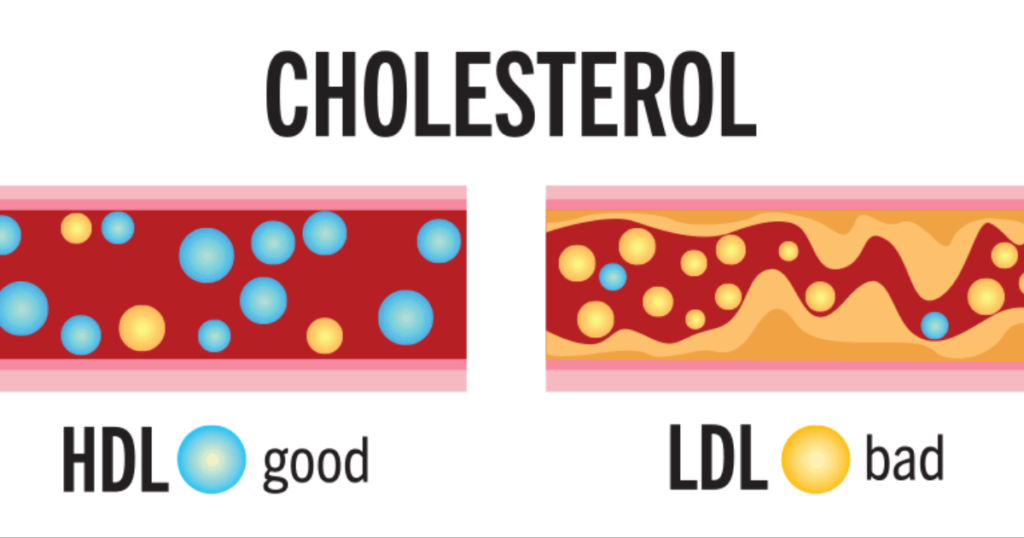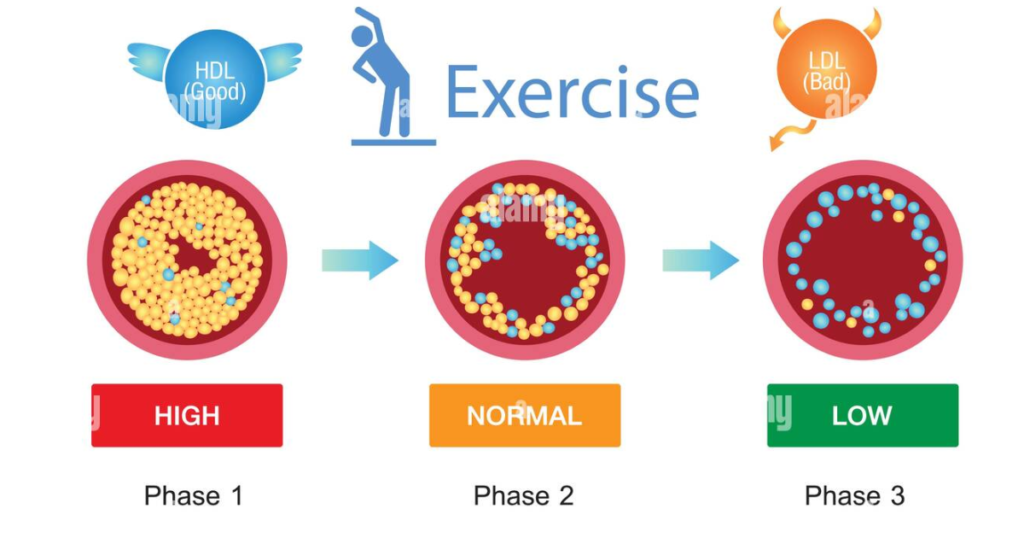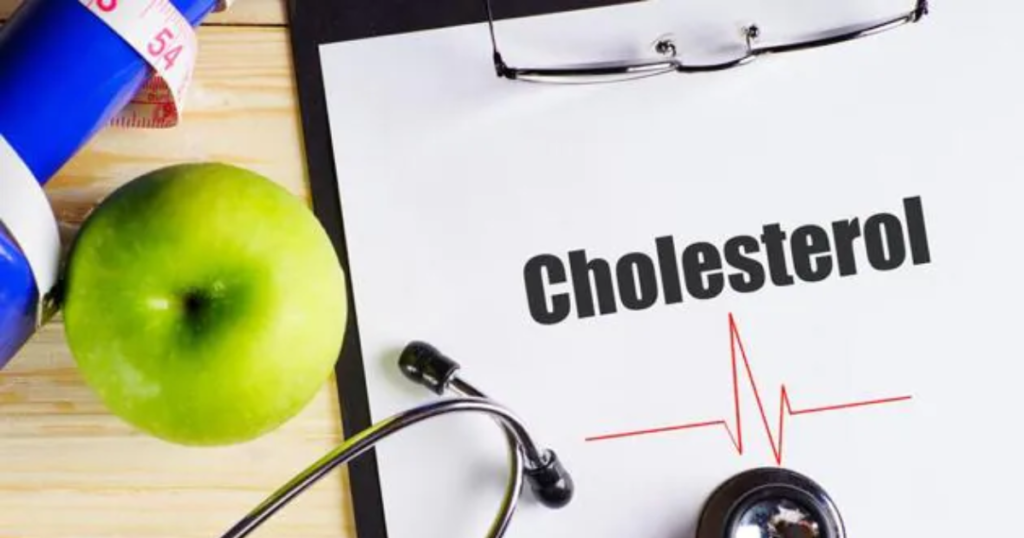What is Cholesterol? Best Cardiologist
Cholesterol is basically a waxy substance found in the blood. The human body needs some form of cholesterol to make the hormones vitamin D and other substance that helps to digest food as per the best cardiologist. It is a type of disease that performs many types of functions in the body. Cholesterol basically occurs from the two important sources of the human body one is the liver and the other is from food from animals.
The best cardiologist says when this cholesterol is mixed with other substances it can basically form plaque and increase the risk of heart disease and also lead to coronary artery disease in which the arteries become narrow or blocked. Too much cholesterol can build in the walls of the arteries and stop or decrease the flow of the blood. The plaque buildup is also known as atherosclerosis.
Cholesterol basically helps to live healthily, but it is also true that too much amount of cholesterol is harmful. Therefore, it is necessary to know about the type of cholesterol, its functions, and what complications it can create. This information helps you to take the necessary precautions and helps you to understand what actions to take to lower the high amount of cholesterol.
Therefore, it is necessary to go for a regular checkup with the Best Cardiologist Dr. Rakesh Jain who will help you to know about your numbers and help you to cope with these diseases.

Types of Cholesterol – Best Cardiologist
There are two major types of lipoproteins that carry cholesterol in the whole body.
LDL Cholesterol: – LDL cholesterol simply means low-density lipoprotein and sometimes it is also known as bad cholesterol. When there is too much bad cholesterol in the human body plaque buildup up and blocks the walls of the arteries that supply blood to the whole body.
Plaque is a thick waxy substance that can be less broad or flexible and decreases the supply of blood. But when the blood supply is limited it can increase the chances of developing serious diseases such as brain, heart attack, stroke, or heart failure.
HDL Cholesterol: – HDL cholesterol is also known as high-density lipoprotein or good cholesterol. This type of cholesterol basically helps to absorb the cholesterol from the liver and carry it to the liver. HDL cholesterol also helps to protect from serious diseases such as heart attack, stroke, and heart failure.
Triglycerides
According to the best cardiologist Triglycerides are the most common type of fat in the body. In this type of cholesterol, excessive energy is taken from the food you eat. Triglyceride combines both high or low cholesterol and links with the fatty substance within the artery of the walls and increases the risk of heart disease.

Risk Factors of Unhealthy Cholesterol
Unhealthy Diet: – The unhealthy cholesterol results in the human body from the saturated or transfat.
Lack of Exercise: – Less physical activity can cause obesity. According to Dr. Rakesh Jain, the best cardiologist obesity can lead to cholesterol and increase the risk of various health issues.
Alcohol and Smoking: – Excessive use of alcohol and smoking damages the blood vessels and collects a fatty deposit. Smoking and alcohol can increase the risk of developing bad cholesterol.
Family History: – If anyone in your family has high cholesterol, then you’re at a high risk of developing cholesterol.
Gender: – As compared to men women have more chances of developing LDL Cholesterol. Therefore, women have a higher chance of developing heart disease than men.
How to Prevent Cholesterol
A healthy lifestyle can only help you to lower the high amount of Cholesterol. If you are looking to lower your cholesterol follow the necessary prevention and tips suggested by the best cardiologist.
- Consume a diet low in salt with a focus on fruits, vegetables, and healthy grains.
- Use healthy fats sparingly and animal fats in moderation.
- Get rid of extra weight and keep your weight in check.
- Stop smoking.
- Engage in at least 30 minutes of exercise most days of the week.
- If you do consume alcohol, do so in moderation.
- Reduce stress.


